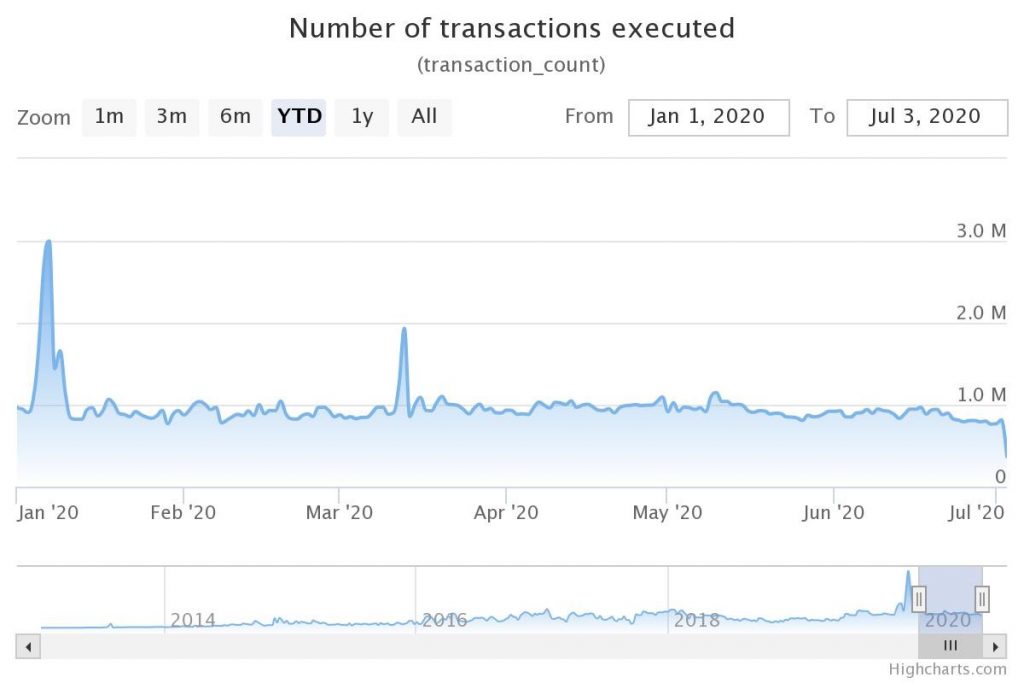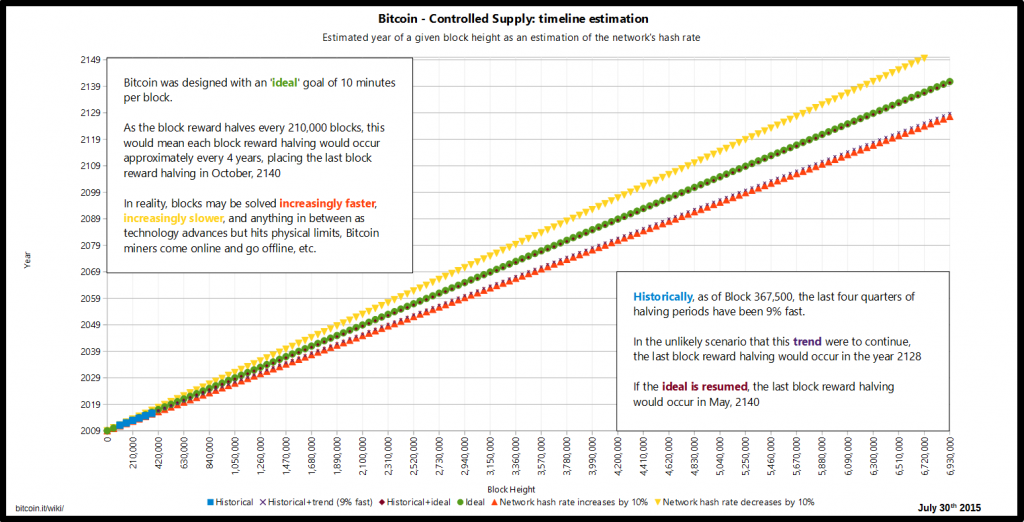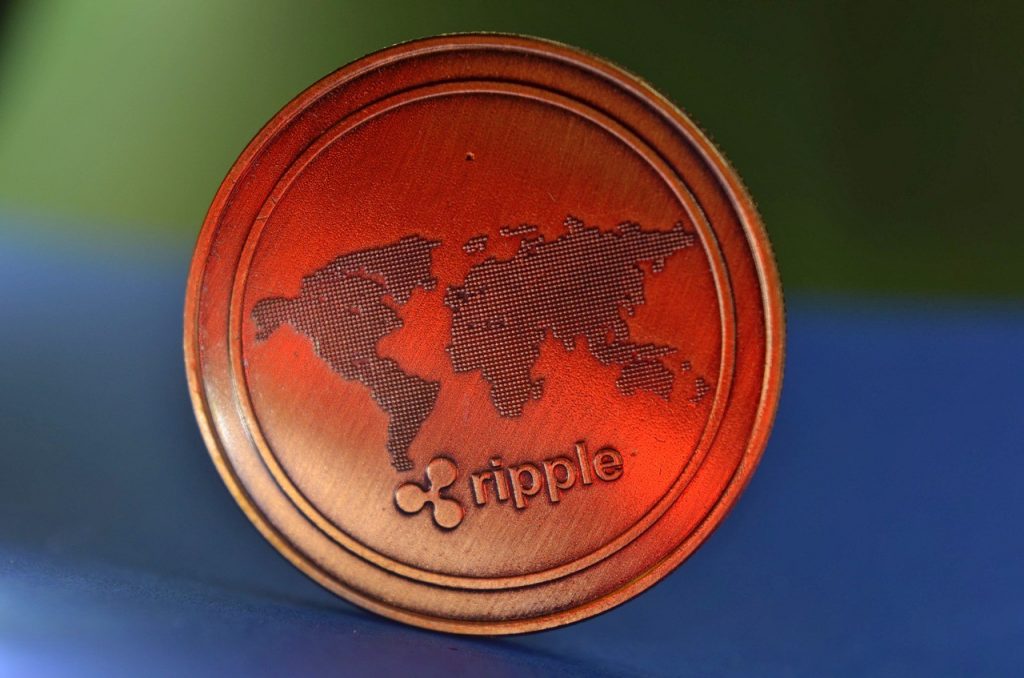Table of Contents
The cryptocurrency industry started with Bitcoin. Ripple came later but both are equally popular amongst cryptocurrency investors and enthusiasts.
Bitcoin, the cryptocurrency, by numbers has the largest market share. XRP (Ripple’s very own digital currency token) is not far behind and ranks on number 4, as per data from CoinMarketCap and CoinGecko.
Both cryptocurrency systems employ blockchain in their operation yet there are a few differences on some fundamental levels. To talk about those differences, we have to take into consideration their primary aspects – the protocols and the cryptocurrencies.
First, let’s discuss the protocol differences.
Bitcoin vs Ripple: Protocol Differences
The Bitcoin Protocol
Satoshi Nakamoto founded the Bitcoin protocol as a “Peer-to-Peer Electronic Cash System” in 2009.
Basically, it is a decentralized public ledger that records all bitcoin (BTC) transactions. All ledger entries are made only after the transactions are verified sufficiently, which is done by bitcoin miners. Miners solve complex mathematical algorithms to process different BTC transfers. They then add the transaction data to the blockchain.
Get WazirX News First
Solving these math puzzles, verifying transactions, and consequently adding blocks to the blockchain requires considerable computing power and time. The quickest miners are rewarded for their efforts with an appropriate number of bitcoins. This is the ‘proof-of-work’ protocol that makes new BTC become a part of the Bitcoin economy.
After the latest halving event, the Bitcoin blockchain has been churning out nearly 900 bitcoins every day. For more information on bitcoin mining, check out the video below:
The Ripple protocols: RippleNet and XRPL
While the Bitcoin blockchain is an open platform for people to join, and contribute in it’s growth by transacting and mining, Ripple is a fintech company based in San Francisco, California with RippleNet being it’s unique fintech offering.
With RippleNet, the company intends to form a holistic ecosystem of banks, payment processors, and other financial institutions, enabling them to conduct super fast and efficient international payments. The primary idea is to enable real-time settlement of monetary transactions with adequate transparency and security.
Take a look at the video below to understand RippleNet’s design and it’s working:
RippleNet is Ripple’s financial technology facet, but there’s a decentralized aspect too. It’s the XRP Ledger or XRPL.
The XRP Ledger is a decentralized ledger secured by cryptography and powered by a network of peer-to-peer computers. XRPL’s native cryptocurrency XRP fuels all transactions on the network and together they are the primary operating force behind Ripple’s real-time financial transaction system.
It does not employ proof of work to verify transfers. Contrary to Bitcoin’s mining process, XRPL participants function as independent validating nodes and compare transaction records to ascertain the authenticity of transactions.
XRPL’s network of active validators are 153 in number and include universities, exchanges, and financial institutions.
Time and again, the company has constantly maintained that XRPL is an independent open-source platform and free from any kind of commercial association. This means that even if Ripple shuts down, the XRP Ledger will continue to operate normally.
Other Differences
Transaction Metrics
Bitcoin handles about 300,000 to 400,000 transactions per day with 7 – 15 transfers happening in a second. Confirmation times for transactions may range from several minutes to a few hours.
The XRP Ledger confirms transactions in 3-5 seconds. Data from the XRP metrics website, XRPSCAN reveals that XRPL has processed 800,000 – 1 million transactions per day in 2020.

BTC vs XRP: Cryptocurrency Differences
Cryptocurrency Supply and Circulation
Bitcoins have a maximum supply of 21 million tokens. No individual or centralized authority controls BTC’s circulation. One of the most distinctive features of bitcoin is that it is divisible. One BTC consists of 100 million smaller units known as satoshis.

XRP has a total supply of 100 billion coins. These are indivisible. Out of these 100 billion units, millions were distributed in various stages of airdrops, preliminary sales, or private placements. Banks too received XRP for their international payment trials.

Ripple ensured that token distributions didn’t affect the XRP supply. The current circulation is a little above 44 billion. There is a smart contract operated escrow system in place, that releases 1 billion coins every month in the market. It is programmed to take back all unused XRPs after the month to avoid oversupply or misuse.
Application
Since the last 11 years, bitcoin has become widely popular for being an extremely profitable investment asset, similar to gold. Most folks just buy and hold BTC for extended periods to reap exponential profits. Apart from this, bitcoin has recently seen a significant influx of institutional investors, who trade in bitcoin derivative offerings, like futures and options.
Ripple is in the business of adding an increasing number of banking and financial partners to its growing payments ecosystem. As per the website, more than 300 financial institutions in 40+ countries are already using RippleNet. XRP is at the heart of these partnerships as the digital asset makes inter financial interactions possible.
Ripple also has an additional service called On-Demand Liquidity, for its partners to conduct smooth monetary transfers using XRP. Some of Ripple’s Indian partners include IndusInd Bank, Kotak Mahindra Bank, YES Bank.
Even with their dissimilarities, Bitcoin and Ripple are interesting and promising cryptocurrency platforms and can make a world of difference to global financial systems.
In order to truly gauge the potential of these cryptocurrencies, you will have to own and use them yourself. WazirX offers seamless options for you to buy bitcoin or Ripple’s token XRP or both comfortably. For more details visit: https://wazirx.com
Further Reading:
What is Litecoin (LTC), Hows is it Different from Bitcoin
What are the Differences Between Ripple (XRP) and Ethereum (ETH)
What is the difference between Bitcoin, Ethereum, and Ripple?
What is the difference between Litecoin and Ethereum?
Difference between Litecoin (LTC) and Ripple (XRP)
What is the difference between a token and a Bitcoin?
India Rupee vs Bitcoin: 6 things you should compare
What are the Differences Between Peer-to-Peer and Regular Bitcoin Exchanges?
What are the Differences Between Bitcoin and Ethereum?
Frequently Asked Questions
How Does Bitcoin Work?
The blockchain, a distributed digital ledger, is what Bitcoin is based on. As the name suggests, blockchain is a linked database made up of blocks that store information about each transaction, such as the date and time, total amount, buyer and seller, and a unique identifier for each exchange. Entries are linked in chronological order to form a digital blockchain. Entries are linked in chronological order to form a digital blockchain. Blockchain is decentralized, which means any central authority does not control it.
Is It A Good Time To Buy XRP?
The future of Ripple XRP is uncertain due to ongoing legal issues and regulatory challenges. However, its value and potential will depend on how successfully these issues are resolved.
Is Bitcoin Cash A Good Investment?
Bitcoin Cash is a hard fork of Bitcoin formed in 2017 to address Bitcoin's scalability and challenges. Bitcoin Cash seeks to make global transactions faster, cheaper, and more secure. Bitcoin Cash is now accepted by thousands of online and offline businesses all over the world. Studied correctly, Bitcoin Cash may be an investment worthy of consideration.
How To Buy Ripple Coin In India?
Here are the common steps by which you can buy Ripple (XRP) tokens in India at your trusted Crypto exchange, like WazirX.
- Select a trusted Crypto exchange, like WazirX, that supports the Ripple token.
- Create an account: You can create your account by providing personal information and complying with the KYC verification.
- Add funds to your account: Exchanges support various ways by which you can add funds to your account. You can do a bank transfer or a debit/ credit card.
- Buy Ripple (XRP): You can now easily trade Ripple (XRP).
Is Bitcoin Trading Is Legal In India?
In 2020, the Supreme Court of India lifted the RBI’s restrictions on cryptocurrencies. According to the Supreme Court, the existence of Bitcoin or another cryptocurrency is unregulated but not unlawful. The verdict has greatly aided the world of digital money in the country. To put it another way, investing in Bitcoin is perfectly legal, and you may do so through various apps and traders.
How Bitcoin Mining Works?
Bitcoin mining is a crucial element of the blockchain ledger's upkeep and development and the act of bringing new Bitcoins into circulation. It's done with the help of cutting-edge computers that solve exceedingly challenging computational arithmetic problems. Auditor miners are rewarded for their work. They're in charge of ensuring that Bitcoin transactions go through smoothly and legitimately. This standard was established by Satoshi Nakamoto, the founder of Bitcoin, to keep Bitcoin users ethical. By confirming transactions, miners assist in avoiding the "double-spending issue."
What Is Bitcoin?
Bitcoin is a decentralized digital currency that may be purchased, traded, and traded without intermediary like a bank. Bitcoin is built on the blockchain, which is a distributed digital ledger. Wei Dai suggested a new kind of money that relies on cryptography rather than a central authority to oversee its production and transactions on the cypherpunks mailing list in 1998. Bitcoin was the first application of that notion. In 2009, Satoshi Nakamoto sent out the first Bitcoin specification and proof of concept to a cryptography mailing group.
How To Convert Bitcoin To Cash?
There are many ways of converting Bitcoin to cash, such as crypto exchanges, Bitcoin ATMs, Bitcoin Debit Cards, Peer to Peer Transactions. You can use cryptocurrency exchanges such as WazirX for this. Unlike typical ATMs, which allow you to withdraw money from your bank account, a Bitcoin ATM is a physical location where you may buy and sell Bitcoins using fiat currency. Several websites provide the option of selling Bitcoin in return for a prepaid debit card that may be used just like a standard debit card. You can sell Bitcoin for cash through a peer-to-peer platform in a faster and more anonymous manner.
Who Created Bitcoin?
Bitcoin is the first application of the concept of "cryptocurrency," first articulated in 1998 on the cypherpunks mailing list by Wei Dai, who proposed a new form of money that relies on cryptography rather than a central authority to manage its creation and transactions. Satoshi Nakamoto published the initial Bitcoin specification and proof of concept on the cryptography mailing list in 2009. Satoshi exited the project in late 2010, with little information about himself available. Since then, the community has evolved, with numerous people working on Bitcoin. Satoshi's anonymity has sparked unfounded fears, many of which may be traced back to a misunderstanding of Bitcoin's open-source nature.
Is Bitcoin And Cryptocurrency The Same Thing?
Bitcoin is a cryptocurrency that was designed to facilitate cross-border transactions, eliminate government control over transactions, and streamline the entire process without third-party intermediaries. The absence of intermediaries has resulted in a significant reduction in transaction costs. Satoshi Nakamoto, the creator of Bitcoin, created the first cryptocurrency in 2008. It began as open-source software for money transfers. Since then, plenty of cryptocurrencies have emerged, with some focusing on specific fields.
 Disclaimer: Click Here to read the Disclaimer.
Disclaimer: Click Here to read the Disclaimer.





















